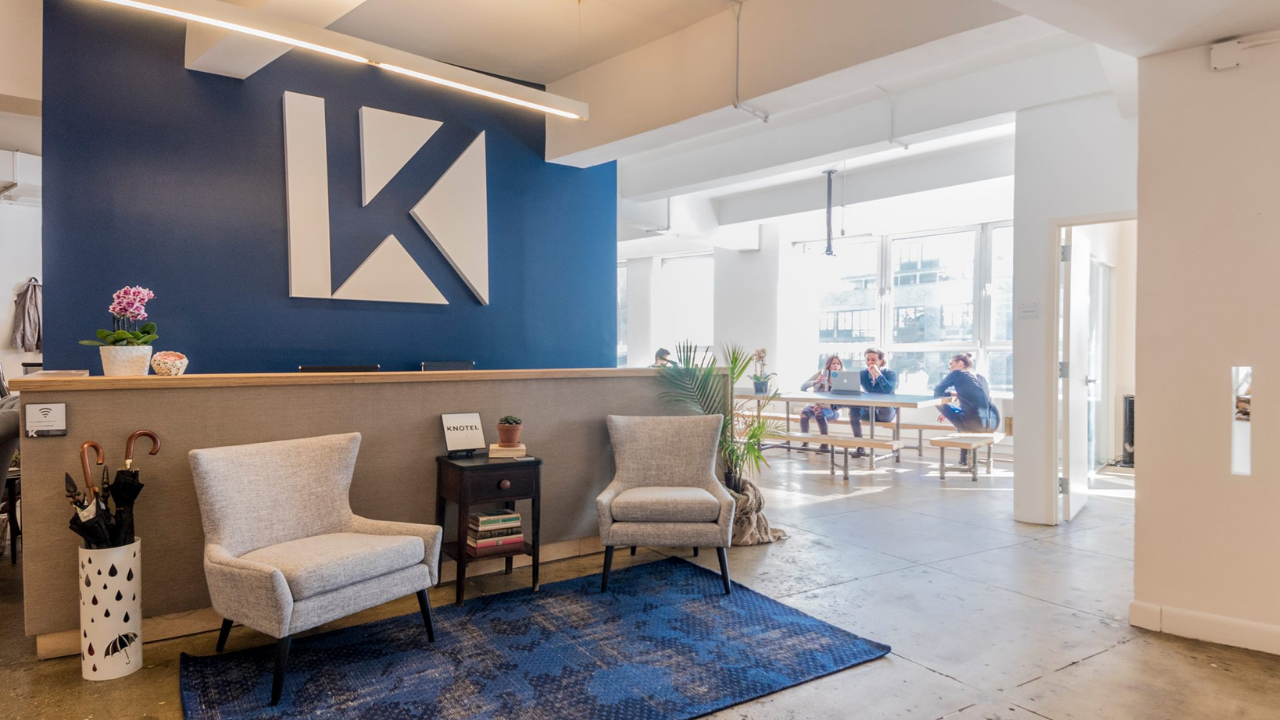Last week, flexible workspace firm Knotel sent out a notice to its New York City tenants telling them they needed to vacate the offices and that the company would no longer be responsible for the locations after January 29.
Just a few days later, the company filed for Chapter 11 Bankruptcy.
Knotel was once seen as the up-and-coming, more polished rival to WeWork with a global footprint of nearly 5 million square feet.
However, the company’s issues have been bubbling up to the surface for several months now.
Knotel had propped itself up as an alternative to WeWork in the midst of the coworking firm’s tumultuous attempt to go public at the end of 2019.
But in reality, the two companies shared many similarities. Both spent frivolously, lacked profitability and were committed to millions of square feet on long-term leases.
Additionally, cofounder and CEO Amol Sarva’s self-confidence also became a source of friction amongst landlords and clients.
By March 2020, despite Sarva insisting that the company was on the path to profitability, the firm was forced to lay off or furlough half of its staff.
Over the summer, Sarva said the company would raise $100 million to help keep the company afloat, but the funding never happened.
In addition to the lack of funding, Knotel was facing numerous lawsuits from landlords claiming that the company stopped paying rents and refused to pay off other debts.
This brings us to now. In its announcement that it filed for bankruptcy, Knotel indicated it would try to be selling its business to Newmark.



 Dr. Gleb Tsipursky – The Office Whisperer
Dr. Gleb Tsipursky – The Office Whisperer Nirit Cohen – WorkFutures
Nirit Cohen – WorkFutures Angela Howard – Culture Expert
Angela Howard – Culture Expert Drew Jones – Design & Innovation
Drew Jones – Design & Innovation Jonathan Price – CRE & Flex Expert
Jonathan Price – CRE & Flex Expert












